Epidemics and Governance

Ankit Raj is a Gandhi Fellow and also recognized as a Change Maker by Global Action on Poverty. He was associated with NIRDPR, Government of India as a Professional, and currently looks after the Talent Management vertical at Swaniti Initiative. He tweets at @ankitrajshrivas.
Vows made in a storm are generally forgotten in calm. This is so true to say as the relationship between autumn and leafy roads are. In India, the current situation is that we are on the verge of autumn, half past spring, the most beautiful season of the year. It is the time of new harvest, new trees, new weddings, and a whole new year in governance. And hence, generally, the offices remain open till late night, companies push their working hours like anything, farmers continue in their farms till late evenings, and everyone more or less does extra work to meet the targets and be in balance for the next year. But amongst all these, somewhere nature has been disturbed, and the self-discipline of humans has become the cause. And the situation today is that we, in India, are living the first day of ‘Complete Lockdown.’ Yes, the reason is historic COVID-19.
Indian Prime Minister has developed a brand of addressing the nation at 08:00 PM. And the kind of announcements he has made so far in the speeches at 08:00 PM has been the most serious in recent Indian history. Thus, the moment the Hon’ble PM says that he is going to address the nation at 08:00 PM, people take stock of their ration, the medicine kits, water supply, vehicle fuel and complete their dinner before the address starts! On March 24th, a complete nationwide lockdown was announced by PM Modi to break the chain of spread for the novel CoronaVirus. Almost all states were already in curfew. Hence, people had limited options to take stock of necessary commodities before, but as the announcement of the lockdown was made, people ran to their nearest groceries. No social distancing at all, and the evident collection of a huge number of people. A clear lapse of the whole governance protocols. So the point is, to contain an epidemic, we inevitably need our governance system in place.
Our bureaucrats of the Ministry of Health and Family Welfare said that “To break the chain of Corona, we want to control the movement of the people.” Fair, the government has the right to do that; but in India, is there any possibility to turn this wish of increased level of governance into reality without creating any haphazard? The repeated ‘address the nation’ by the most popular leaders of the nation delivering the same message says that “No, In India, with the contemporary level of strength at the bottom of the pyramid of governance, it is not possible.” Hence, police are made to do canning.
In the last six months, India has seen several national events, and they are creating permanent transformation. In the previous six years, India has jumped from an offline to partially offline country. The power of digital India, Jio-revolution, and Skill India is displaying the developed resilience to the functionality of the country, and these facilities are the savior in these testing times. This is not the first epidemic that India is facing. But yes, the first epidemic which has defeated the most powerful and prosperous nations. Hence, the Indian administration has no other way than to take preemptive actions. And thus the lockdown. But the question is, what have we locked down? We have not locked down the consumption of resources, the supporting infrastructure, and basic services, and all these include deep human labor with the limited repository. So, I get all scope here to say that the lockdown is on productive activities, and mere conservation is extended on consumption, which means that the danger is not deferred.
To take stock of an epidemic situation, a country of India size cannot be successful with centralized control, even when there is no personification of data possible in the system. The government of India has data on people’s citizenship and banking history. But only these two aspects don’t make a digital person, and hence many of the left aspects create loopholes through which the virus may deceive the screening process. The alternative is to decentralize the process of taking care of the citizens’ basic necessities. For which we have got a robust framework in terms of our local governments. Yesterday, the Prime Minister said that healthcare is the utmost priority for all local governments, state, and central governments.
It should be noted that it is always said and never done. The government of India is in a catch 22 situation. Healthcare is a highly customized service, and the persuasion of policies for healthcare and welfare cannot be done centrally. The government has been critically passive in pushing the state governments to erect the spine of local governments to take charge of basic essential services, and the whole affair is being run by the district. Indian districts are like sub-states having no decisive political power constituted and heavily bureaucratized. In this situation, the aspiration of controlling the movement has the scope of doing through the agreement of the citizens by building consensus.
The mantra of Minimum Government – Maximum Governance is not seeming to be possible until we discover the full potential of the network of governance in the craft of our state. The drill of building nations is not a seasoned exercise, and hence we have to come out of the ‘Crisis Convention.’ To be precise, we have to go out of the habit where we feel the need to act without delay only when something is constructed as ‘Crisis.’ The peculiar Indian intellectual trend, where it regards the apprehension of the Ultimate Reality to be the highest value and gives the practical values a lower status, has to be updated with the dynamism of contemporary issues which we are not aloof of. As it is said, “Danger is the next neighbor to security,” I hope that now as the government has realized that pandemics are in the neighborhood, we need to beef up the security. These vows remain alive as the society gets calm.
Featured Image Credits: Wikimedia


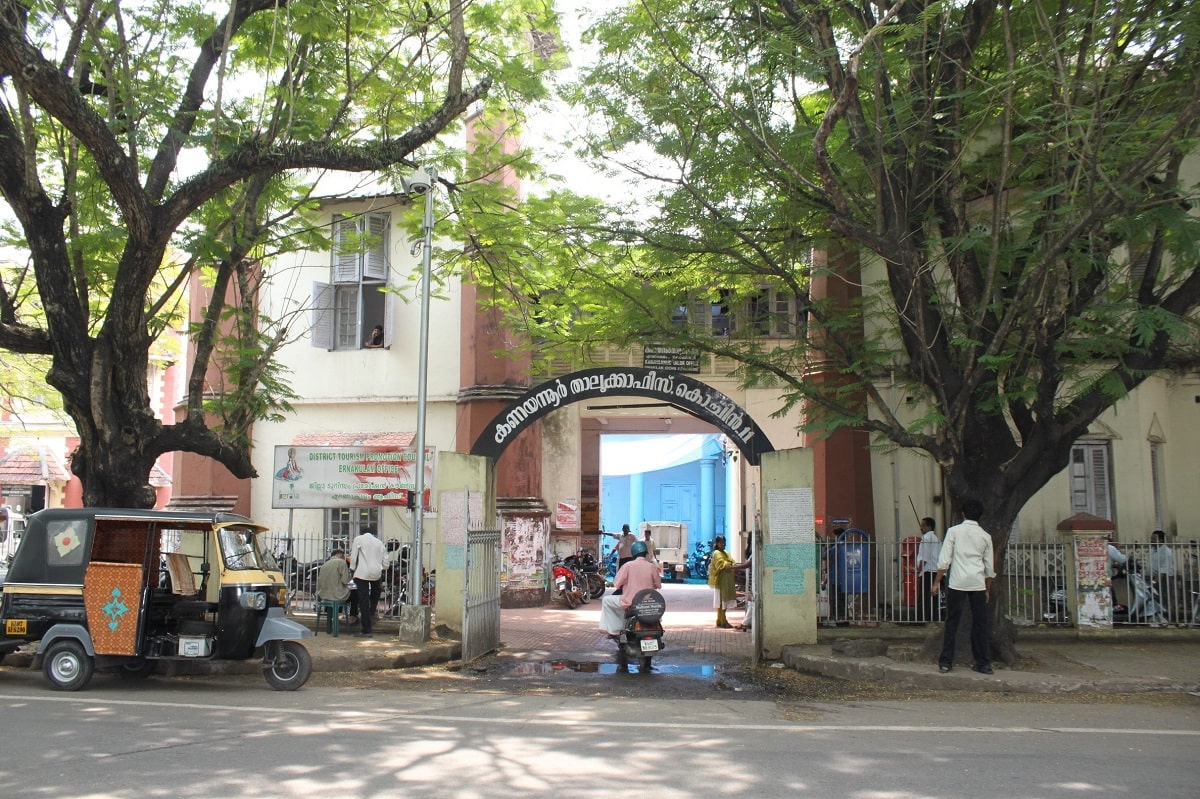
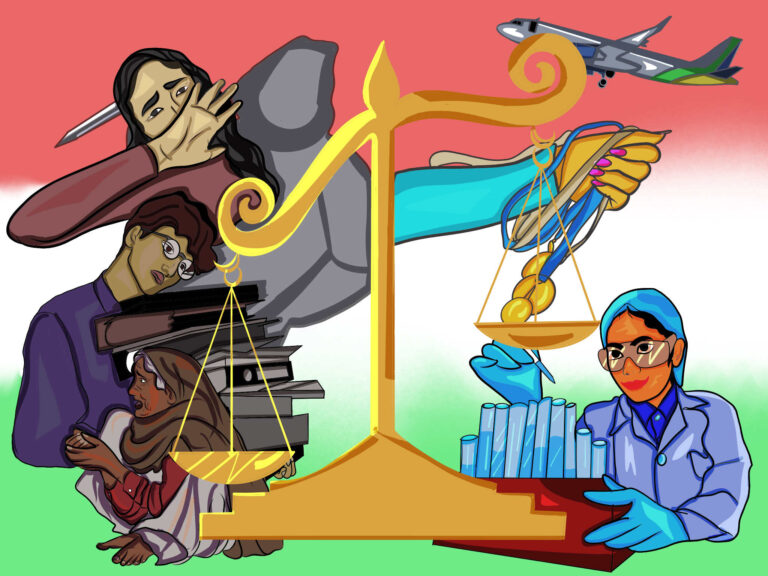
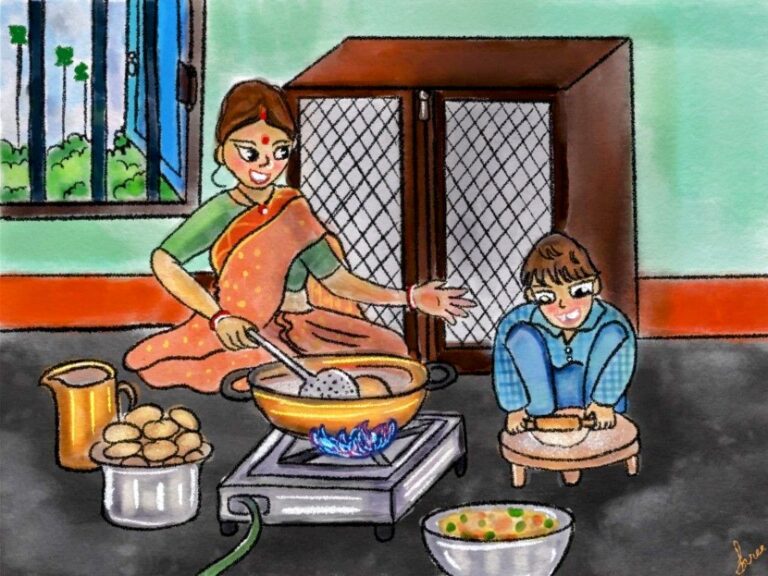

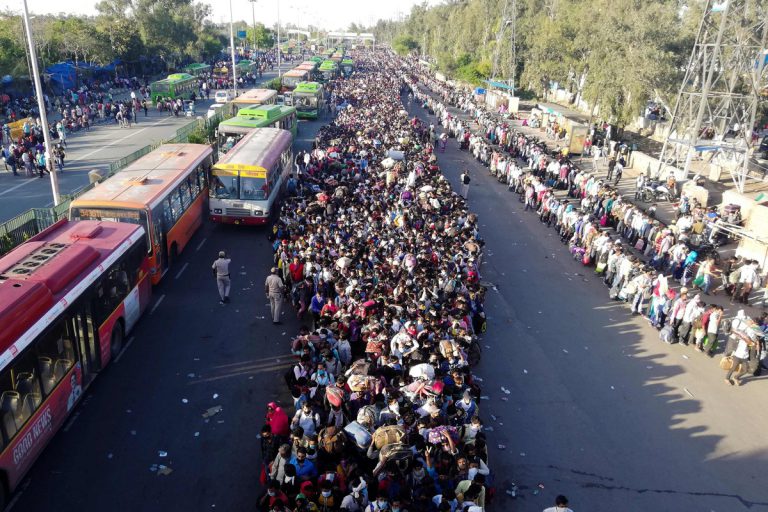
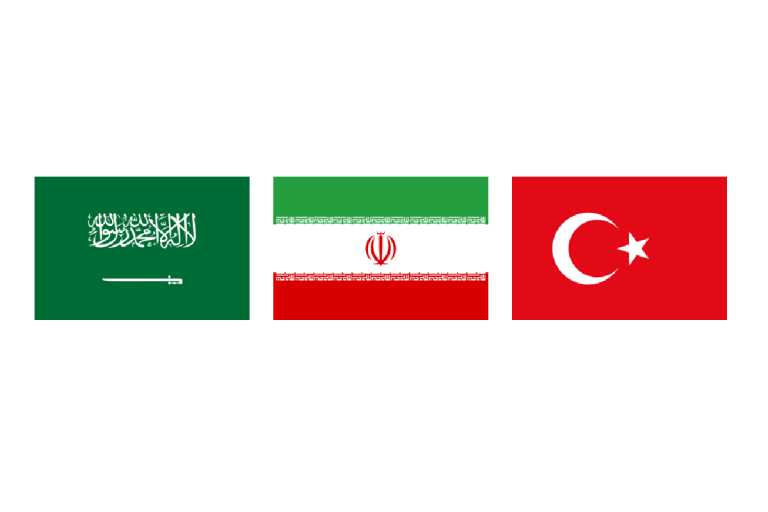

Readers' Reviews (6 replies)